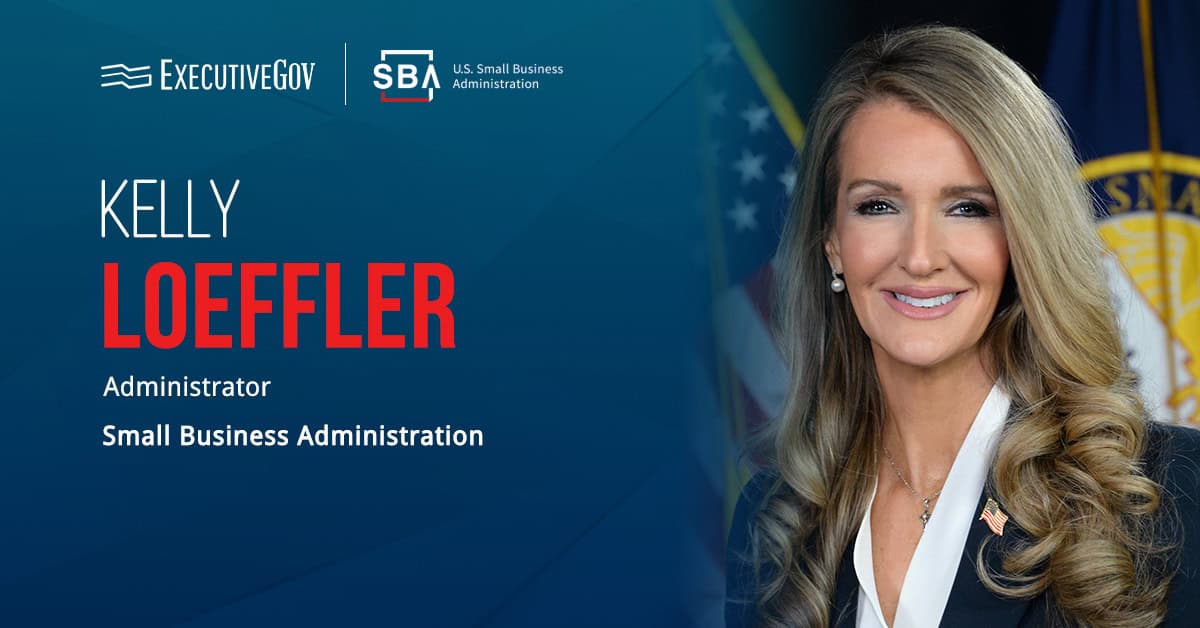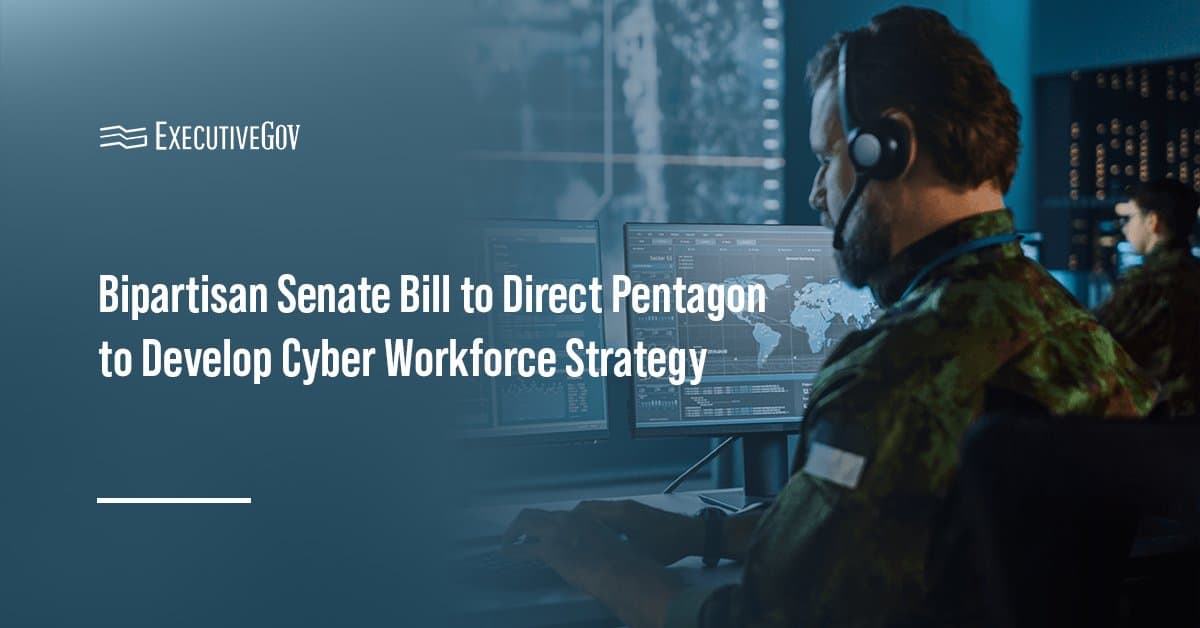The National Institute of Standards and Technology (NIST) seeks comments on a draft publication made to help organizations understand cyber resiliency outcomes from the perspective of a systems engineer.
The publication, titled “Developing Cyber-Resilient Systems: A Systems Security Engineering Approach,” tackles how organizations can adopt a cybersecurity strategy that allows for internal system defense, instead of external defense, NIST said.
The agency designed the guidance to help organizations predict, resist and overcome state-sponsored and criminal cyber attacks, as well as other system threats.
The document also provides standardized threat classifications and analyzes approaches to implementing cyber resiliency across systems. NIST's Ron Ross and Victoria Pillitteri worked with Mitre's Richard Graubart, Deborah Bodeau and Rosalie McQuaid to author the draft.
Interested parties may submit feedback through Sept. 20th.





